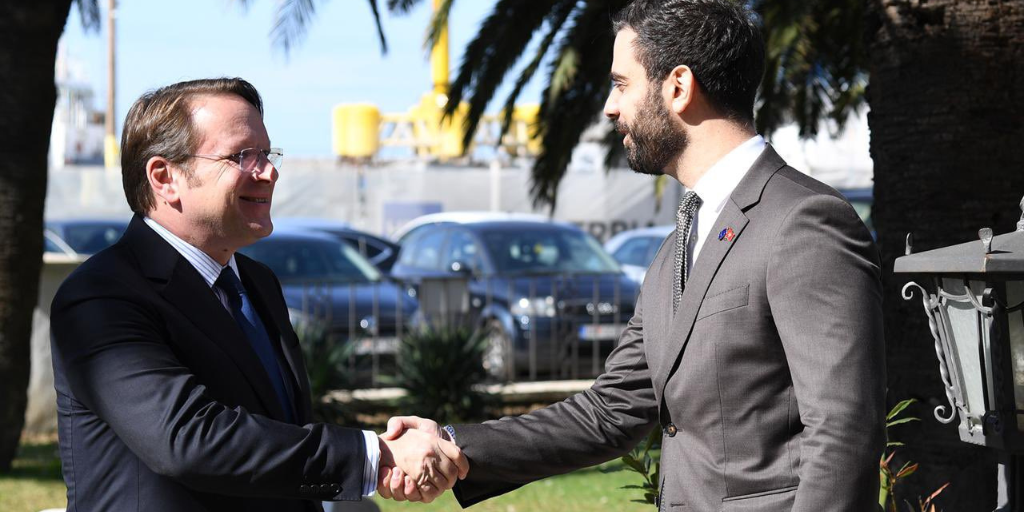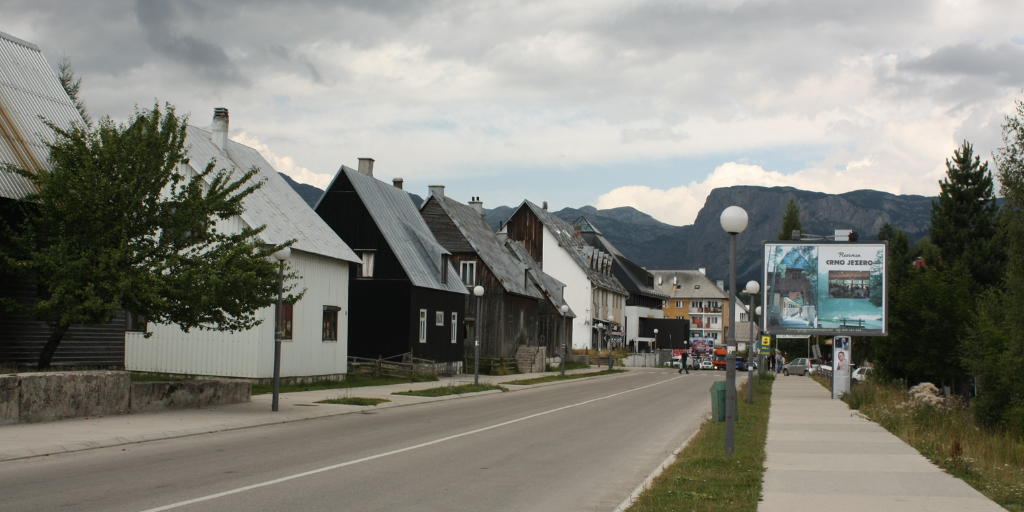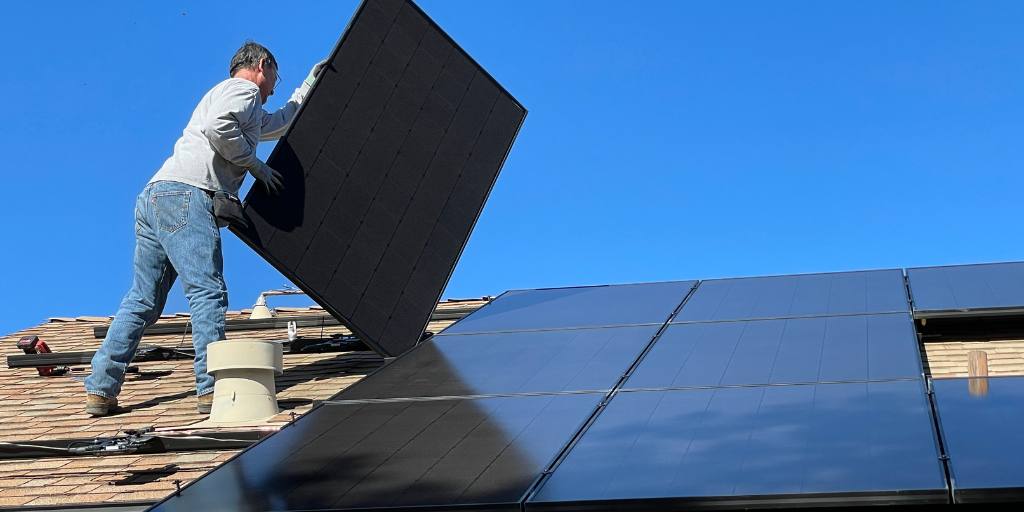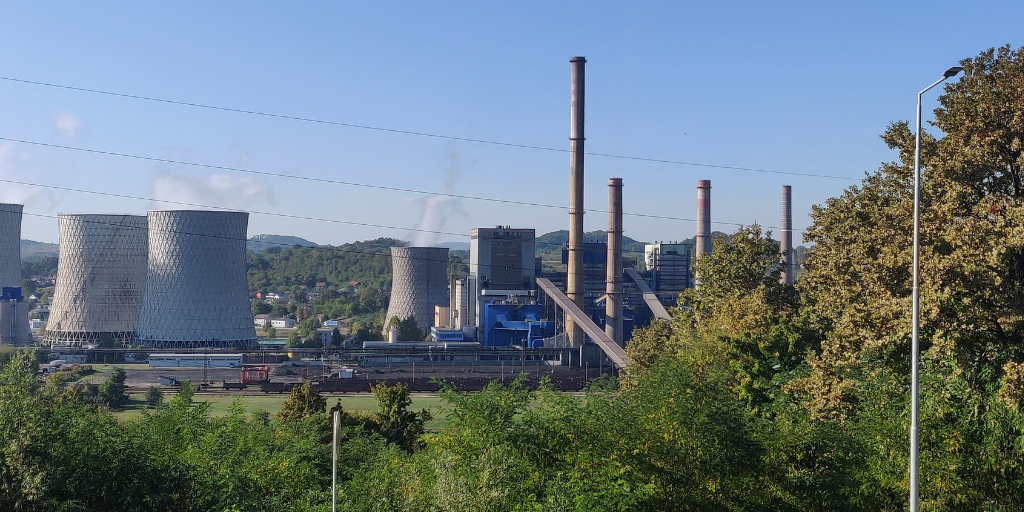
Heating sector decarbonisation campaigner for the Western Balkans
Email:Tel.:
More from Natasa Kovacevic
Bar’s battle: Montenegrin town rising against LNG project
March 5, 2024 | Read more
Plans to build a fossil gas import terminal on Montenegro’s coast, with backing from the European Commission, endanger the country’s fossil fuel phaseout. Growing local opposition to the project also underlines poor public participation in the process.
The Montenegrin mountain town pursuing sustainable district heating
October 5, 2023 | Read more
As cities and towns across central and eastern Europe work toward decarbonising their heating systems, the need to deploy renewable energy alternatives in the sector has never been greater. The small town of Žabljak, nestled in the mountainous region of northern Montenegro, is at the forefront of this effort.
Speeding up investments in a sustainable district heating system powered by solar energy would not only help cut greenhouse gas emissions and heating bills; it would actually save lives.
This briefing offers an overview of the European Bank for Reconstruction and Development’s (EBRD) ongoing assessment of whether to grant a EUR 50 million loan in order to replace unit 3 of the Tuzla coal plant with a waste and biomass incineration syst
The European Bank for Reconstruction and Development (EBRD) and Bosnia and Herzegovina’s energy utility Elektroprivreda BiH are signing today an agreement formalizing the Bank’s commitment to consider financial support for a particularly questionable energy project in Tuzla. But the public is barely aware of what this risky investment could bring to local communities.




